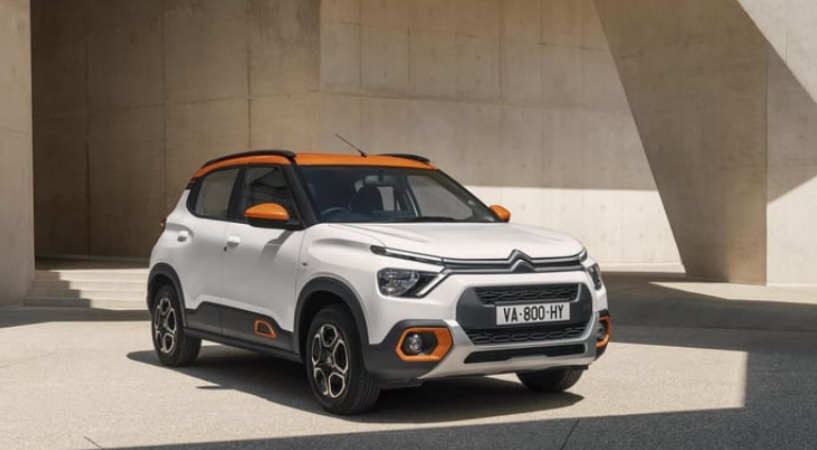
New Delhi: In a recent crash test conducted by Latin NCAP, the Citroen C3, a popular small hatchback produced in Brazil, has received a disappointing zero-star safety rating. The evaluation, performed on a model equipped with two airbags and electronic stability control, revealed significant deficiencies in occupant protection during a collision.
During the frontal impact test, the structural integrity of the C3 was found to be unstable, posing a serious risk of injury to both the driver and the passenger. The results of the side impact test were equally concerning, highlighting the vehicle's inadequate safeguarding of occupants, particularly in terms of head and chest protection.
One critical safety feature that was notably absent in the tested C3 variant was side head airbags, which are crucial for minimizing injuries in side-impact crashes. Additionally, the car lacked seat belt reminders for the front occupants, a technology proven to effectively prevent injuries by encouraging proper seat belt usage.
Also Read: IEA Lowers Oil Demand Forecast as Economic Headwinds Mount
The Latin NCAP's evaluation serves as a wake-up call for Citroen and the wider Brazilian automotive industry. As the C3 holds significant popularity in Latin America, its zero-star rating raises serious concerns about the safety standards employed in other Citroen models and those produced by its parent company, Stellantis.
In response to the findings, Latin NCAP issued a statement urging automakers to take immediate action to enhance the safety of their vehicles. The organization stressed the urgent need for improvements in design and structural integrity to ensure better protection for occupants in the event of a crash.
Also Read: World Hunger Still Rising, Far Off Track to Be Eradicated by 2030, UN Warns
The disappointing performance of the Citroen C3 in the Latin NCAP crash test serves as a stark reminder of the importance of robust safety standards in the automotive industry. The incident emphasizes the responsibility of manufacturers to prioritize the well-being of their customers by implementing effective safety measures and continuously striving for higher safety ratings.
Also Read: China accuses NATO of being the real troublemaker
As consumers, it is crucial to consider safety ratings and prioritize vehicles with excellent crash test results and advanced safety features. By encouraging manufacturers to meet and exceed safety standards, we can collectively contribute to a safer future on the roads.